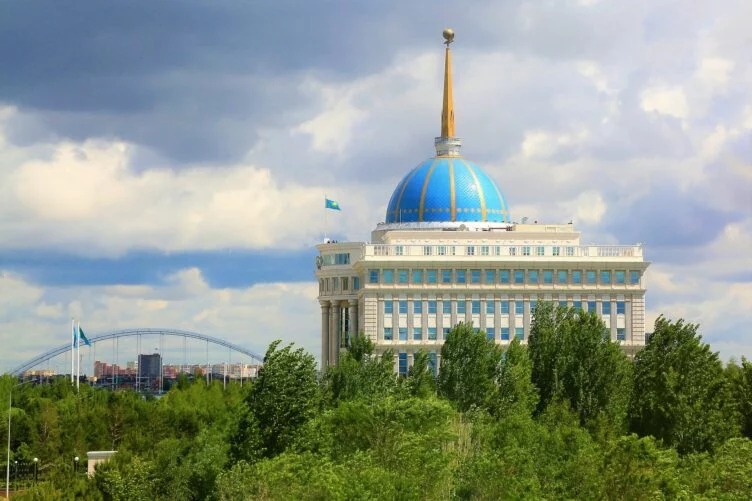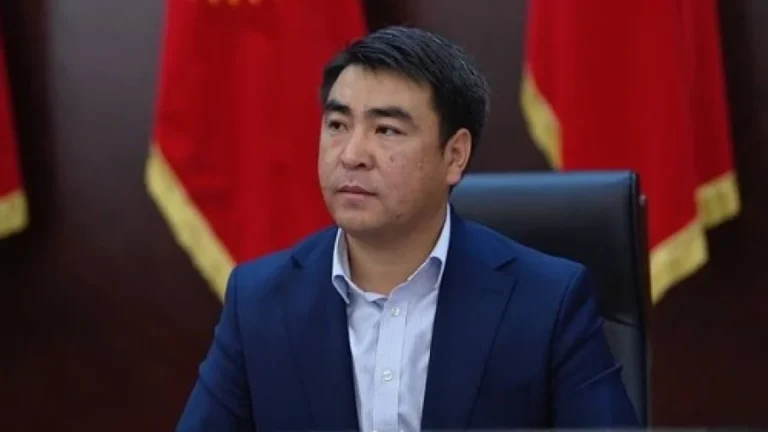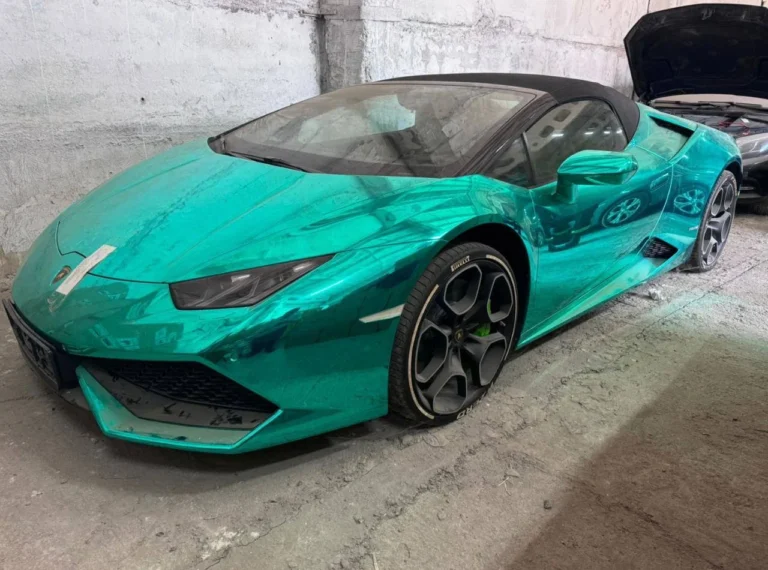World is in turmoil. More reason for real reforms in Kazakhstan

According to the World Bank, Kazakhstan is facing several serious risks: high inflation, economic recession, social unrest, water shortages, and an interstate military conflict.
We are already in a turbulent place as a result of the Russian-Ukrainian conflict, the escalation in the Middle East, and frequent infrastructure accidents at home.
Last year we witnessed how the war in Ukraine became a bargaining chip in the East-West standoff.
Inside Kazakhstan, despite the various trials linked to the January 2022 unrest, it did not start to make more sense.

Meanwhile, the revanchist old elite, which was behind the unrest, appears to have changed tactics, switching over to a ‘war of positions’.
The main takeaway from last year though, is that attempts to reverse the old political system are losing their efficiency and beginning to hinder economic reforms.
The best and most realistic scenario for us is a liberal autocracy. But do we have the sustainable institutions that such a system requires?
Who is actually running the country today? The president? Or the collective bureaucracy that he’s inherited? Or the old-new elite? And which one has the best chance of outlasting the others?
It is hard to say how long the current status quo can hold on for.
Tokayev’s indecisiveness and the establishment’s lack of professionalism — to be more precise, the old Nazarbayev methods of solving problems — are providing good grounds for the old elite to attempt a comeback.
At the same time, there are signs that President Tokayev is building his own personalistic autocracy.
Under Nazarbayev, this meant enrichment of his family and associates through selling national resources, buying the poor population’s loyalty through handouts, foreign diplomatic manoeuvring, and abusing the constitution by constantly changing it to extend his stay in power.
Nazarbayev was still on the ball until the early 2000s. Then there were two watershed events – a rebellion within the family, namely, by his late son-in-law Rakhat Aliyev, and the consequent creation of the Democratic Choice of Kazakhstan movement. Another major factor that had a corrupting impact on him was the huge inflow of oil dollars.
As for external factors, Nazarbayev’s government existed in a relatively predictable world – the only challenge was to learn to balance between Russia and China.
However, Russia has now entered a period of high turbulence, China is facing an economic slump, the USA is increasingly losing its status as ‘the policeman of the world’, and Europe is entangled in its own contradictions, while Southeast Asia is going through rapid development.
Returning to internal challenges, Nazarbayev has left behind him a deeply de-institutionalised environment. Therefore, we are facing the task of rebuilding and relaunching the entire system.
It is becoming more evident by the day that the collective bureaucracy is just sitting idly by – particularly the special services, the defence system and the state ideological machine.
There is a danger that the inefficient collective bureaucracy will at some point begin to sabotage the current president.
The bureaucratic machine has long been broken but kept alive through some reshuffling in order to maintain a certain balance. Its life is also being extended by a small group of efficient state managers.
One would want to hope that the system is still capable of reforming itself from within.
Tokayev does enjoy public credibility for now. But he needs to sort out his human resources. Not necessarily by replacing everyone, but by giving them a clear direction.
The officials have to understand their responsibilities. If all they care about is ‘dividing up’ government funds, they need to be let go.
By Karlygash Yezhenova





Все комментарии проходят предварительную модерацию редакцией и появляются не сразу.